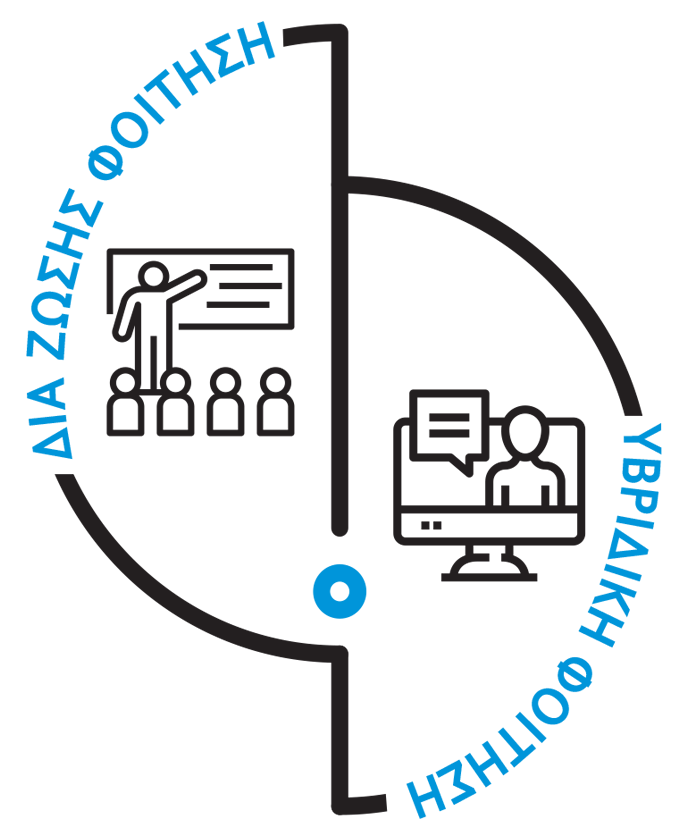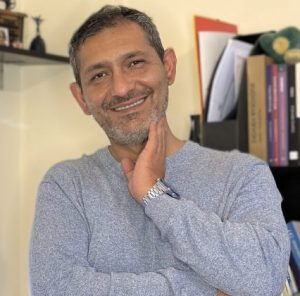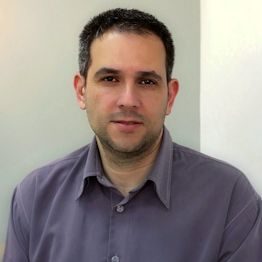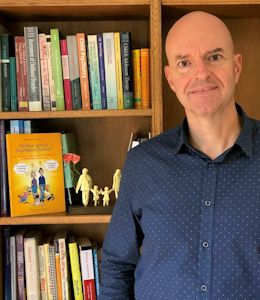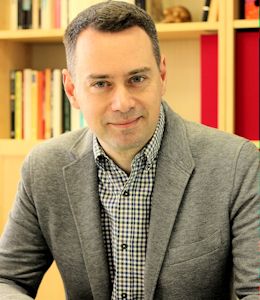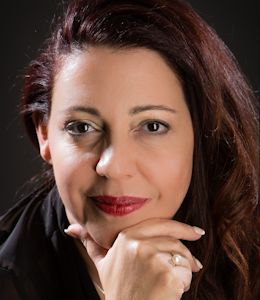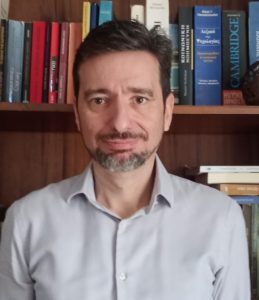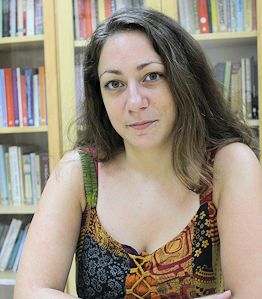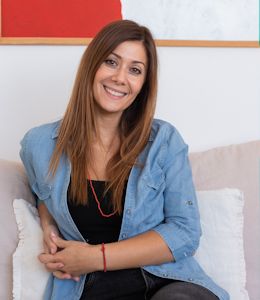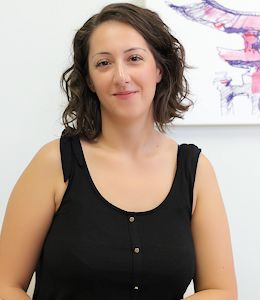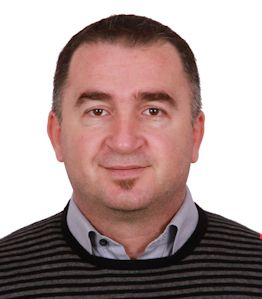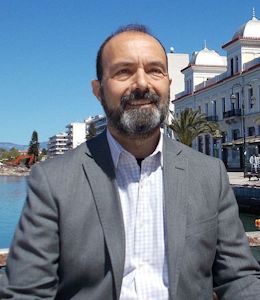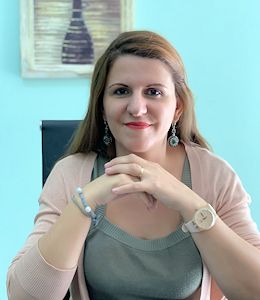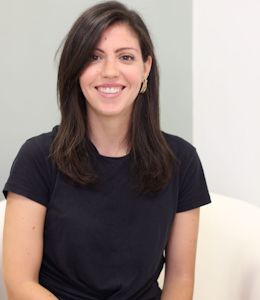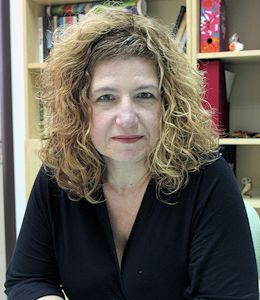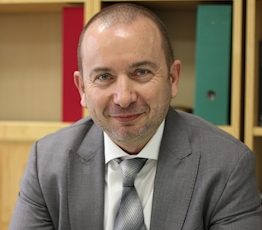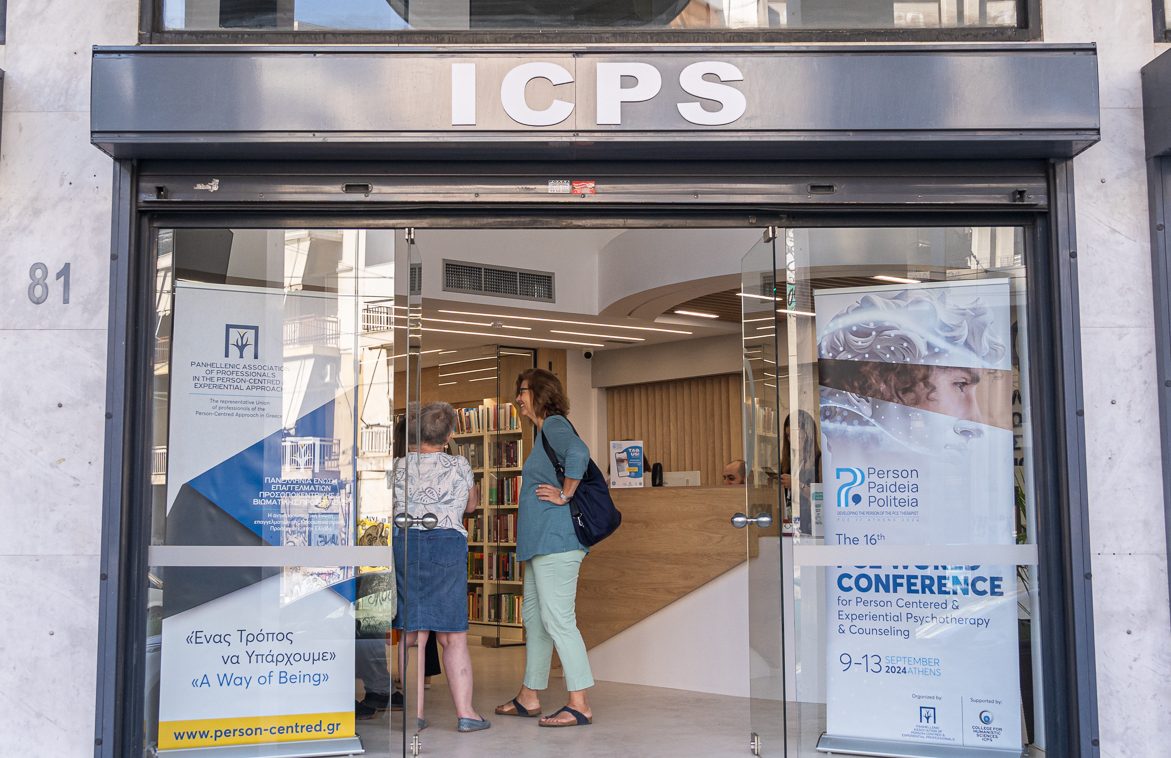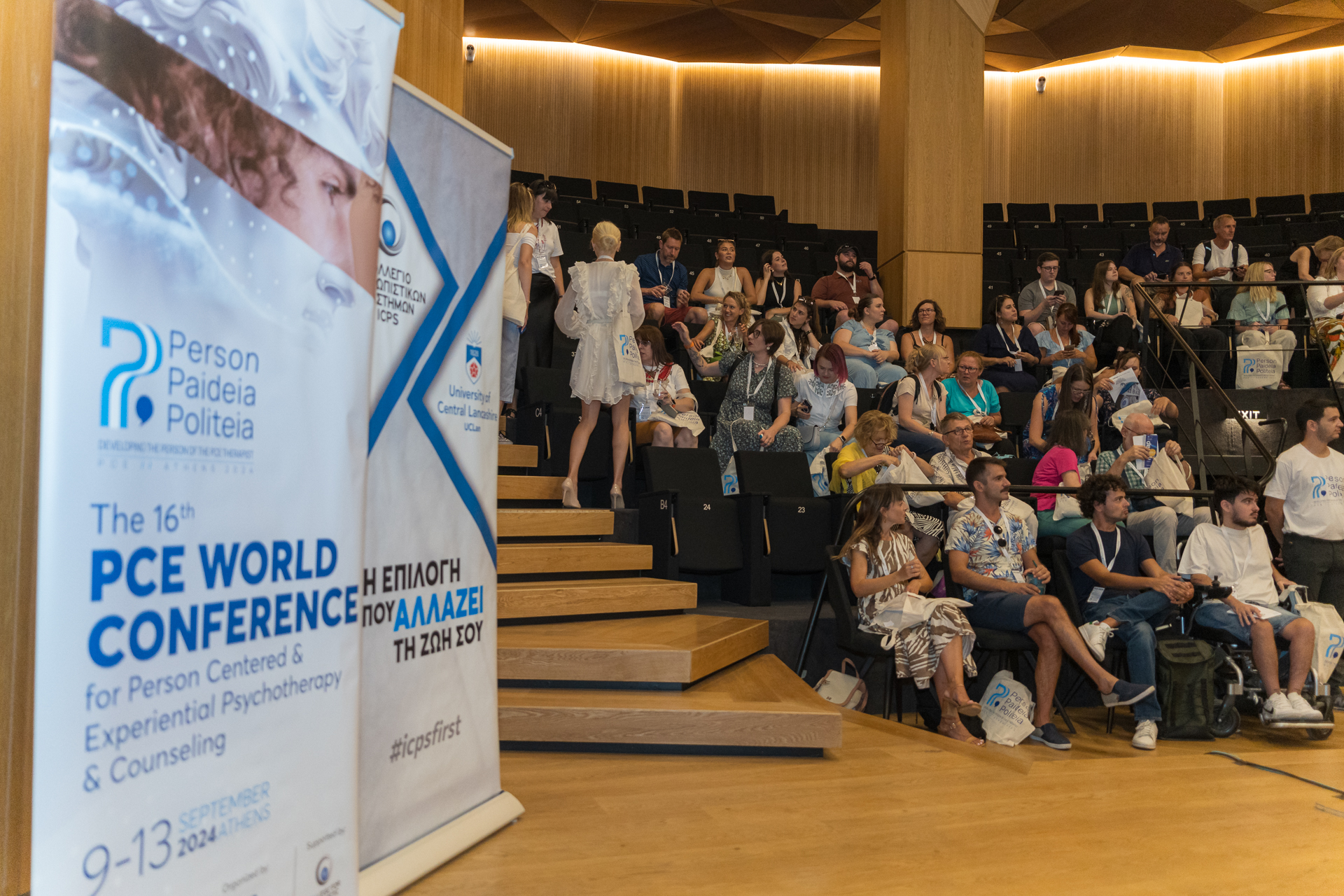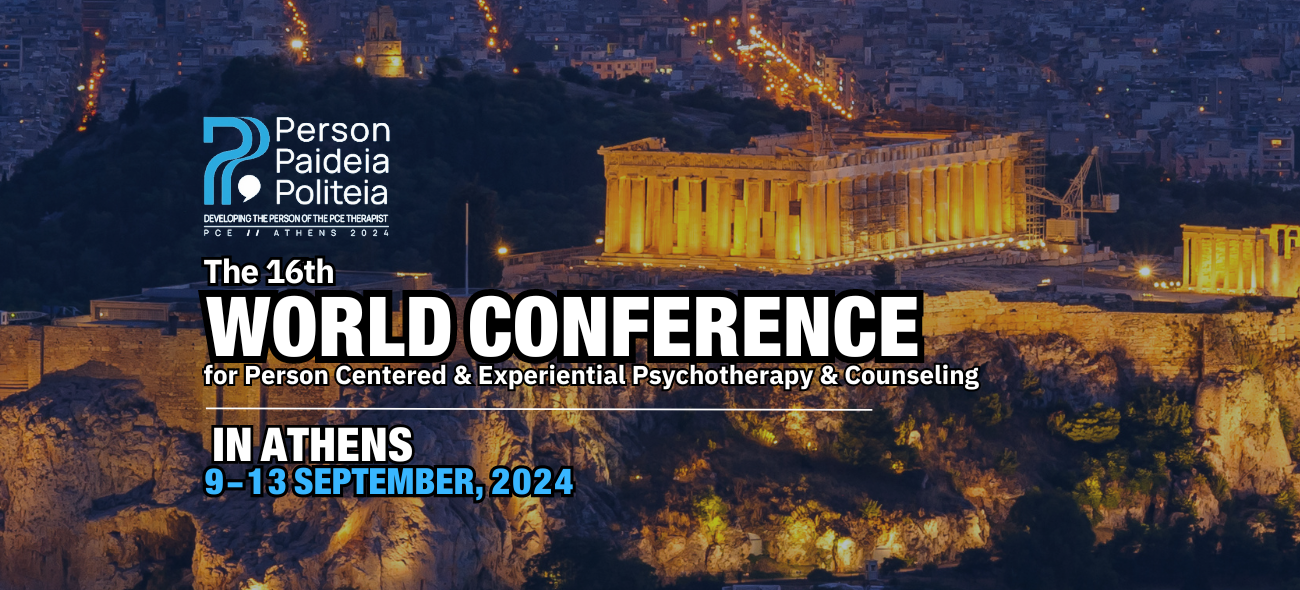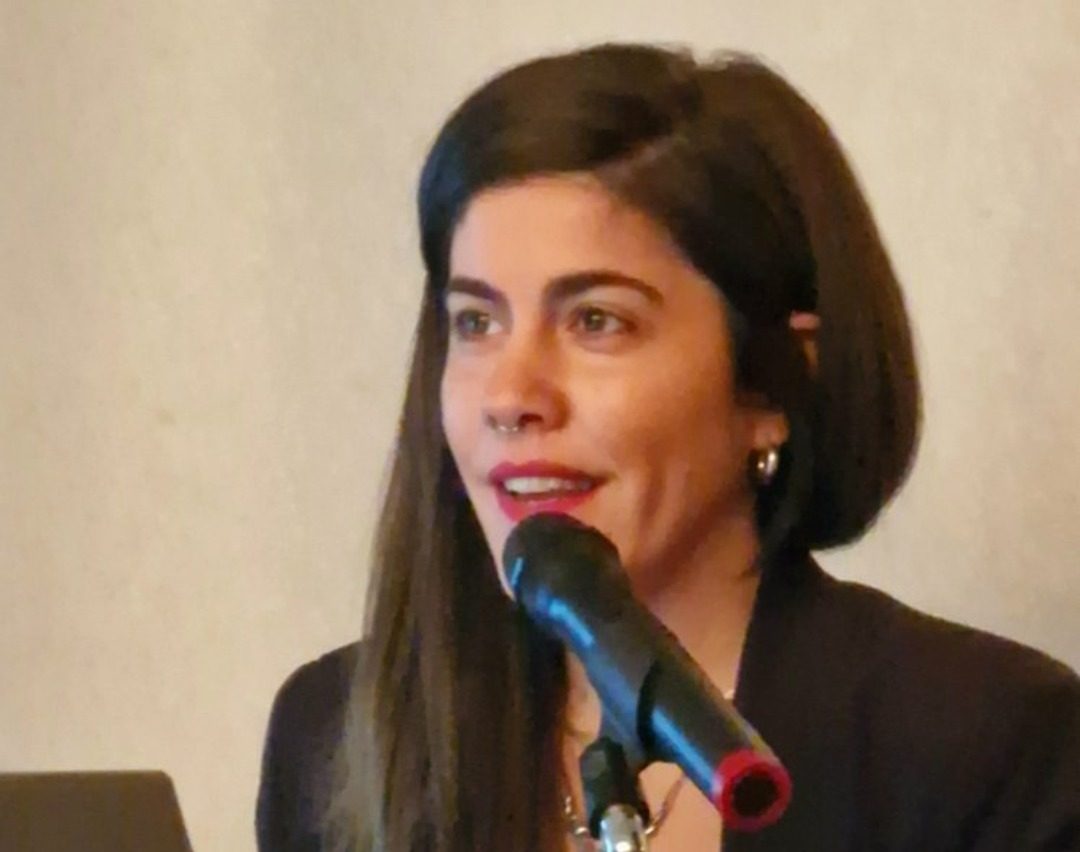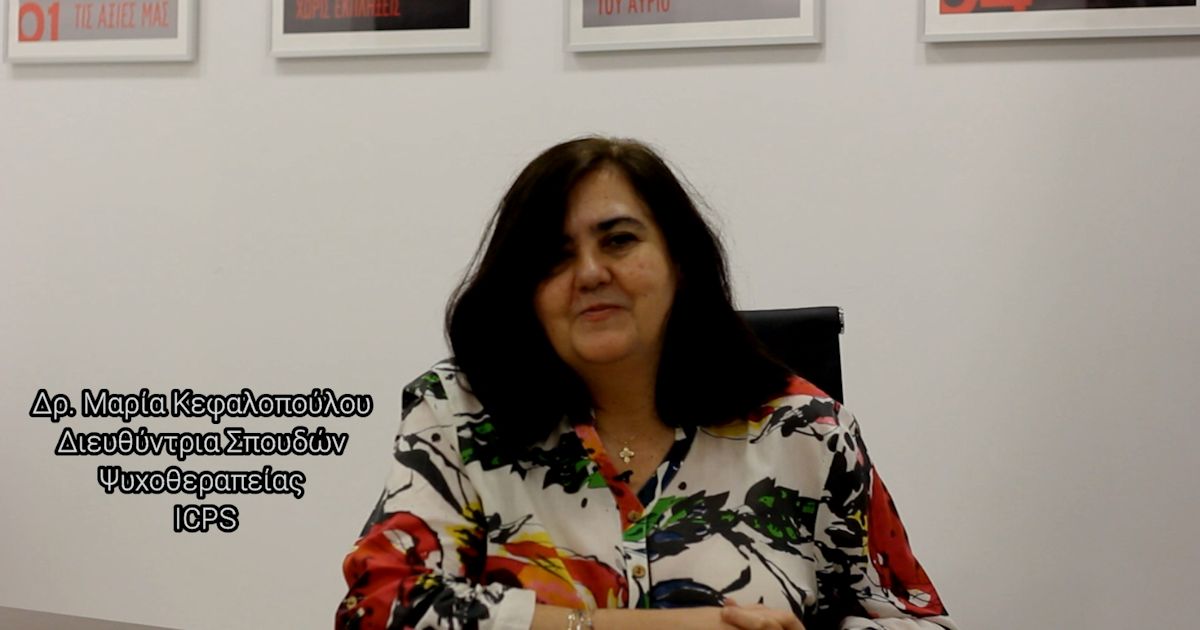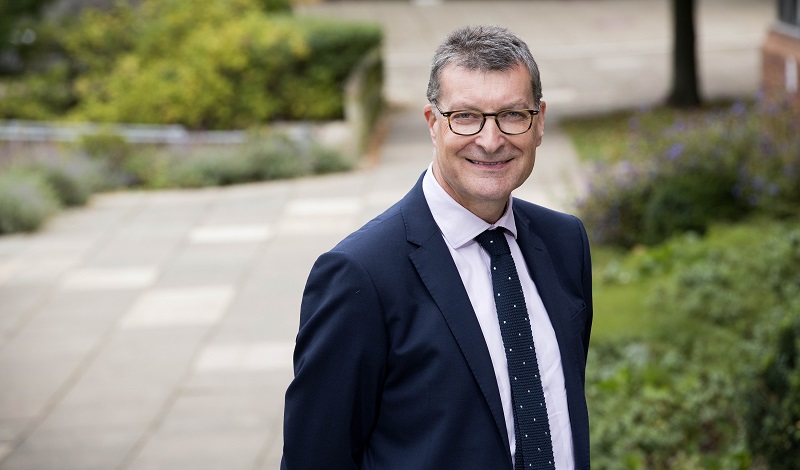We offer the Master’s Degree Programme in Person-Centred & Experiential Psychotherapy & Counselling in cooperation with the University of Central Lancashire. It is the major international public university of the north of England. This Person-Centred training is the only one in the country with a Master’s degree and accreditation. European Certificate of Psychotherapy.
Master of Person-Centered & Experiential Psychotherapy & Counselling
This Master’s Programme is the evolution and continuation of the Programme:
The This Postgraduate Programme offers a unique educational combination scientific training, experiential development, practical application and research documentation. This combination leads to the in-depth knowledge and experience of Person-Centricity, one of the three leading therapeutic approaches mental health and well-being. Graduates of the programme possess the skills necessary to work as Person-Centred and Experiential Counsellors and Psychotherapists and to excel in the mental health field.
Over the last 3 decades, they have been audited and recognized the quality of the program, External Examiners – External Examiners, academics and professionals in the field of psychology, counselling and psychotherapy, world-class and renowned, such as the Professor John McLeod, Professor Mick Cooper, Professor Brian Thorne, Professor Dave Mearns, Dr Paul Wilkins, Dr Peter Pearce, Professor Michael O’Rourke, Professor David Murphy etc.
Among other things it covers:
- Theoretical education and training in Principles of Person-Centredness and the philosophy behind Therapy Theory and Personality Theory.
- The expanded and at the same time targeted personal development of each member of the training team, with with the ultimate aim of preparing for the exercise of the profession.
- On applied experiential education at art of Counselling and Psychotherapy and in the application of Person-Centred methods.
- Intensive training in differential diagnosis and psychopathology of children and adults.
- Extensive training in the roots and values of the classical Person-Centred Approach, but also to developments in recent decades including the Personocentric tribes, such as Focusing, Emotion Focused Therapy, Pluralism and Expressive Arts.
- Training in the embedding and effective use of supervision in the everyday life of the professional counsellor/psychotherapist.
- Ethical, professional and legal issues in the application of Counselling and Psychotherapy.
- The theoretical and applied comparison between the dominant approaches and to acquire advanced skills in understanding the offer of each approach.
- On sound scientific training with the aim of successful future cooperation in an interdisciplinary context. This can be cooperation with psychiatrists, teachers, social workers, etc.
Other important features of the project are:
- Postgraduate with international recognition from the great University of the North of England. Obtaining the European Certificate of Psychotherapy (ECP) – European Certificate of Psychotherapy of European Association for Psychotherapy (EAP).
- Recognized by the Department for the Implementation of European Legislation (ATEΕN) (formerly SAEP). Equivalent (Professional Equivalence) of Postgraduate students of public universities.
- Interdisciplinary team of trainers with experience in counselling and psychotherapy. Certified from the European Society of Counselling, the European Society for Psychotherapy. They are also members of the Panhellenic Association of Professionals of Person-Centered & Experiential Approach (PEPCIP).
- Mandatory practical training, 600 hours in institutions, both in the private and the wider public sector. It is also possible, with professionals certified psychotherapists of the Person-Centered Approach. The practice is carried out in accordance with the legislation (Law 4763/2020, Law 5006/2022) with supervision provided by the College.
- Ninety (90) ECTS. It is available on a 48-month (4 years) part-time basis.
- Academic assessment: Variety of methods including assignments, presentations, self-evaluation and personal development reports, exams, role play etc.
Registration Criteria:
- University degree, preferably in Psychology or a related discipline (medicine, education, sociology, social work, anthropology, etc.). If you have a different degree, we will consider your application depending on the existence of other training or professional experience. For graduates of university courses other than Psychology, there are compulsory additional courses in ICPS. The number and subject matter of the courses are determined on a case-by-case basis.
- Good knowledge of English for the study of literature. Although the programme is in Greek, knowledge of English is essential for studying the literature.
- Assessment of study intention by a Study Advisor.
- Successful academic and personal interview, in which the candidate must support his/her ability to attend experiential Master’s level courses.
- If deemed necessary by the interviews, then a successful psychometric assessment demonstrating the candidate’s readiness to join an intensely experiential programme.
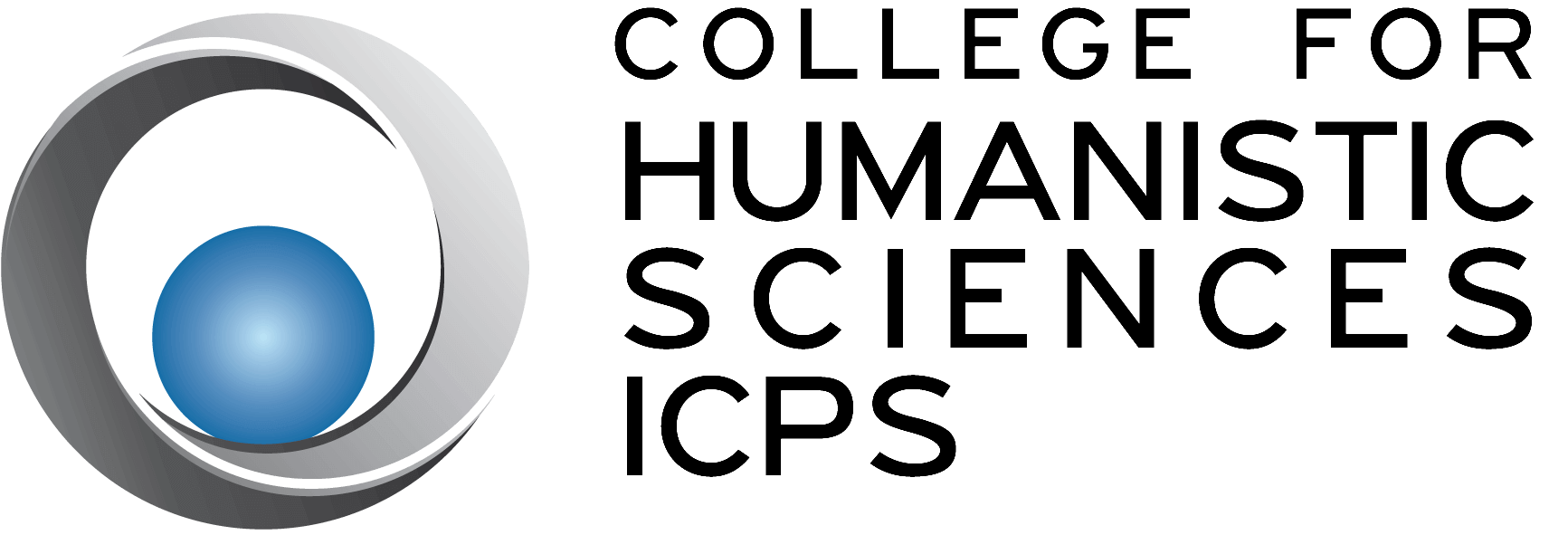






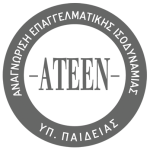
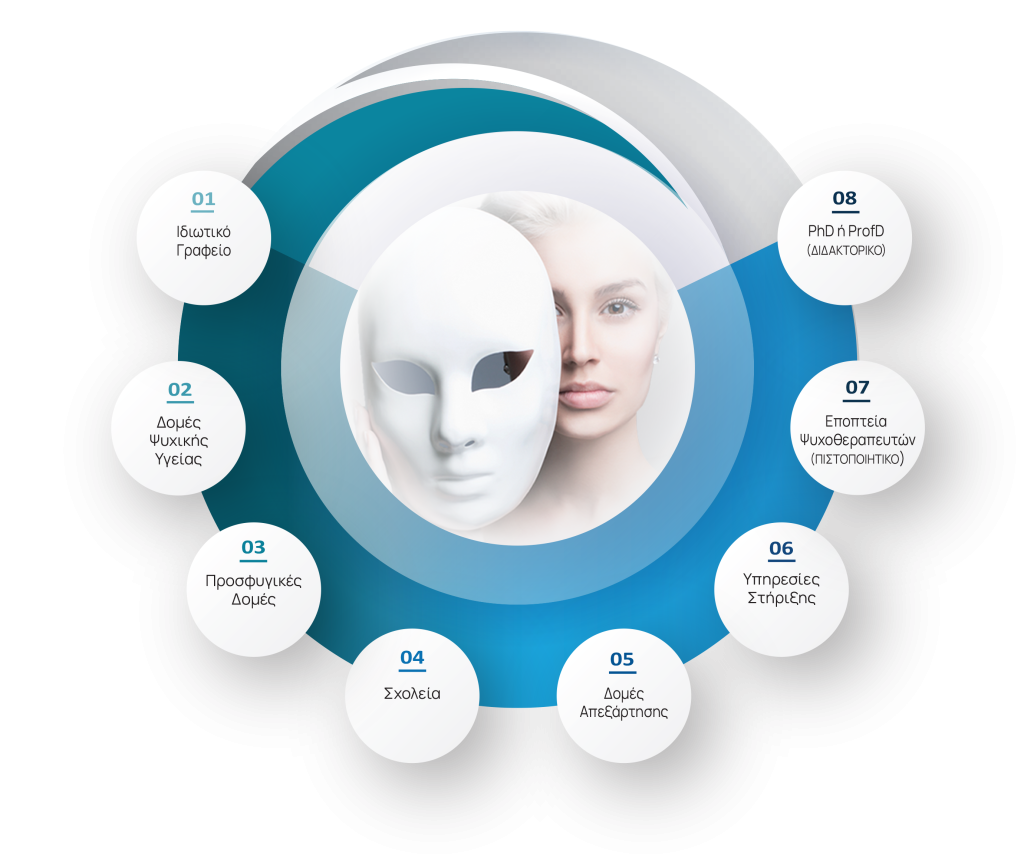
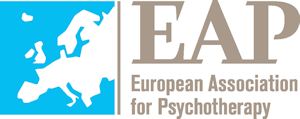
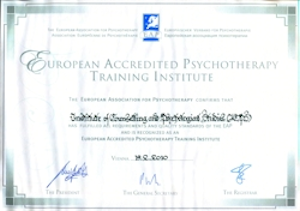
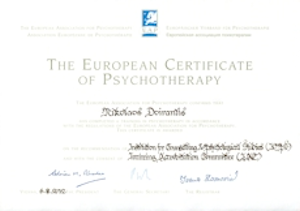
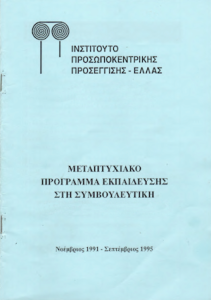
 To Master Προσωποκεντρικής & Βιωματικής Ψυχοθεραπείας και Συμβουλευτικής στο ICPS, περιλαμβάνει το κορυφαίο πρόγραμμα προσωπικής και επαγγελματικής ανάπτυξης, Career Success Navigator©
To Master Προσωποκεντρικής & Βιωματικής Ψυχοθεραπείας και Συμβουλευτικής στο ICPS, περιλαμβάνει το κορυφαίο πρόγραμμα προσωπικής και επαγγελματικής ανάπτυξης, Career Success Navigator©